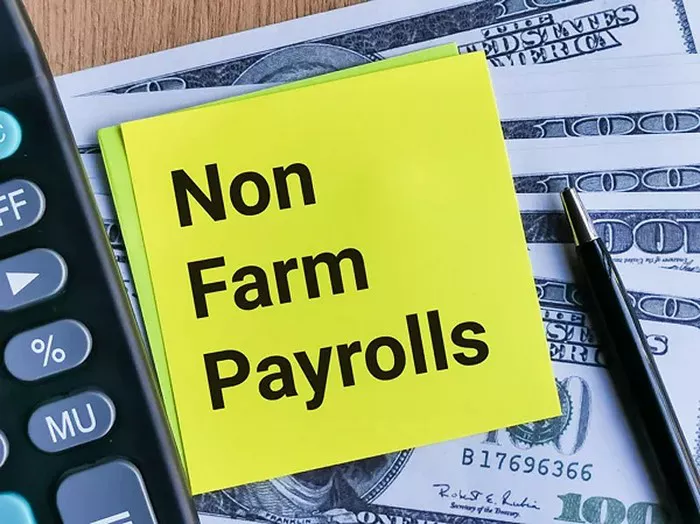Unraveling the Complex Landscape of Payroll Tax Exemptions and Deductions
In the realm of taxation, payroll taxes stand as a critical component, contributing to government revenues and funding social programs. For both employees and employers, understanding the intricacies of payroll taxes is essential. While these taxes are typically mandatory, there is often curiosity about whether there are any exemptions or deductions available to mitigate their impact. In this article, we delve into the world of payroll tax exemptions and deductions, shedding light on the possibilities, limitations, and implications for individuals and businesses.
The Foundation of Payroll Taxes
1. The Nature of Payroll Taxes:
Payroll taxes are contributions withheld from an employee’s wages to fund government programs such as Social Security, Medicare, and unemployment benefits. These taxes are calculated as a percentage of an employee’s income, with both the employee and employer sharing the responsibility for the payment. Unlike income taxes, payroll taxes are generally not subject to exemptions or deductions based on an individual’s financial circumstances.
2. Earmarked for Specific Programs:
Payroll taxes serve as a form of social insurance, ensuring that workers have access to essential benefits during retirement, medical emergencies, or periods of unemployment. The funds collected are earmarked for these specific programs and are not intended to be utilized for general government spending.
Exploring Exemptions and Deductions
1. Limited Exemptions:
In the realm of payroll taxes, exemptions are relatively limited. While income taxes may offer various exemptions based on factors such as family size and dependents, payroll taxes are more uniform in their application. Generally, all eligible workers contribute a portion of their income to these programs without the possibility of exemption.
2. Deductions for High Earners:
One exception to the limited landscape of exemptions is the Additional Medicare Tax. While not a traditional exemption, this tax is applied to high earners whose income exceeds certain thresholds. Employees with wages exceeding $200,000 (or $250,000 for married couples filing jointly) are subject to an additional Medicare tax of 0.9%. This tax effectively increases the Medicare tax rate for individuals in this income bracket.
Considerations for Employers
1. Compliance with Regulations:
Employers play a critical role in accurately calculating and withholding payroll taxes from their employees’ wages. Staying compliant with regulations ensures that the appropriate amounts are remitted to government programs. Failure to withhold and remit payroll taxes correctly can lead to penalties and legal consequences for employers.
2. Responsibility for Reporting:
Employers are also responsible for accurately reporting payroll tax information to government agencies. This includes providing employees with W-2 forms that detail their earnings and withheld taxes for the year. Accurate reporting ensures transparency and facilitates proper tax filings for individuals.
Frequently Asked Questions (FAQs)
Q1: Can payroll taxes be deducted on income tax returns?
Payroll taxes themselves cannot be deducted on income tax returns. However, some individuals may be eligible for deductions related to self-employment taxes, which include both the employer and employee portions of payroll taxes for self-employed individuals.
Q2: Are payroll taxes the same as Social Security and Medicare taxes?
Yes, payroll taxes encompass Social Security and Medicare taxes. The term “payroll taxes” refers to the collective contributions made by employees and employers to fund programs like Social Security retirement benefits, Medicare healthcare coverage, and unemployment insurance.
Q3: Are there any circumstances under which an employee can be exempt from payroll taxes?
Exemptions from payroll taxes are generally rare. Most employees are required to contribute to payroll taxes. However, certain nonresident aliens, students, and individuals with specific visas may be exempt from Social Security and Medicare taxes under certain conditions. It’s advisable to consult with a tax professional or legal expert to determine eligibility for exemptions.
Conclusion
While exemptions and deductions are commonplace in income tax systems, payroll taxes present a different landscape. The structure of payroll taxes, which are specifically designated for social programs, limits the availability of exemptions. However, understanding the nuances of payroll taxes, their purposes, and the potential impact on personal finances or business operations is crucial for individuals and employers alike. As the foundation of social safety nets, payroll taxes play a vital role in providing essential benefits to workers during various stages of their lives.

